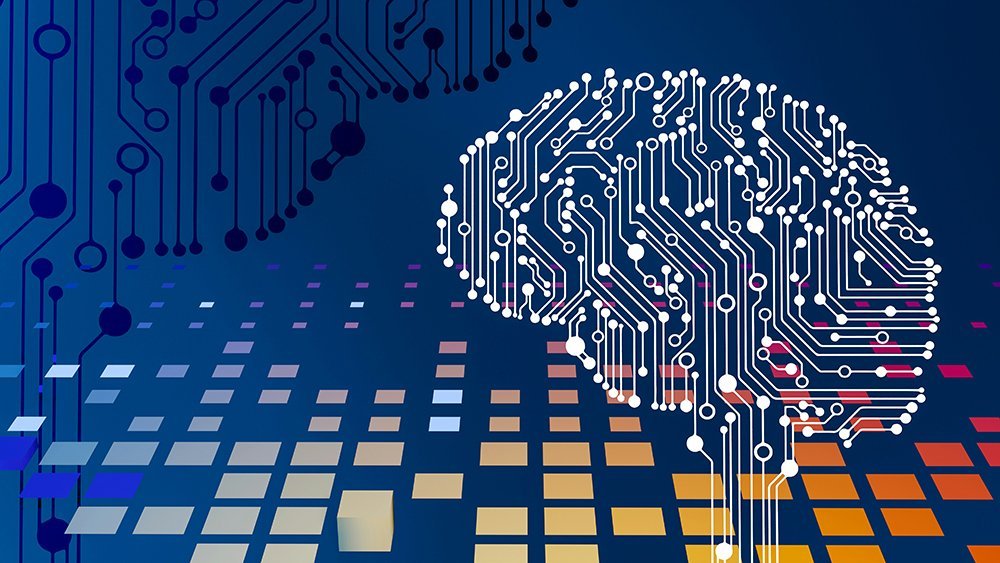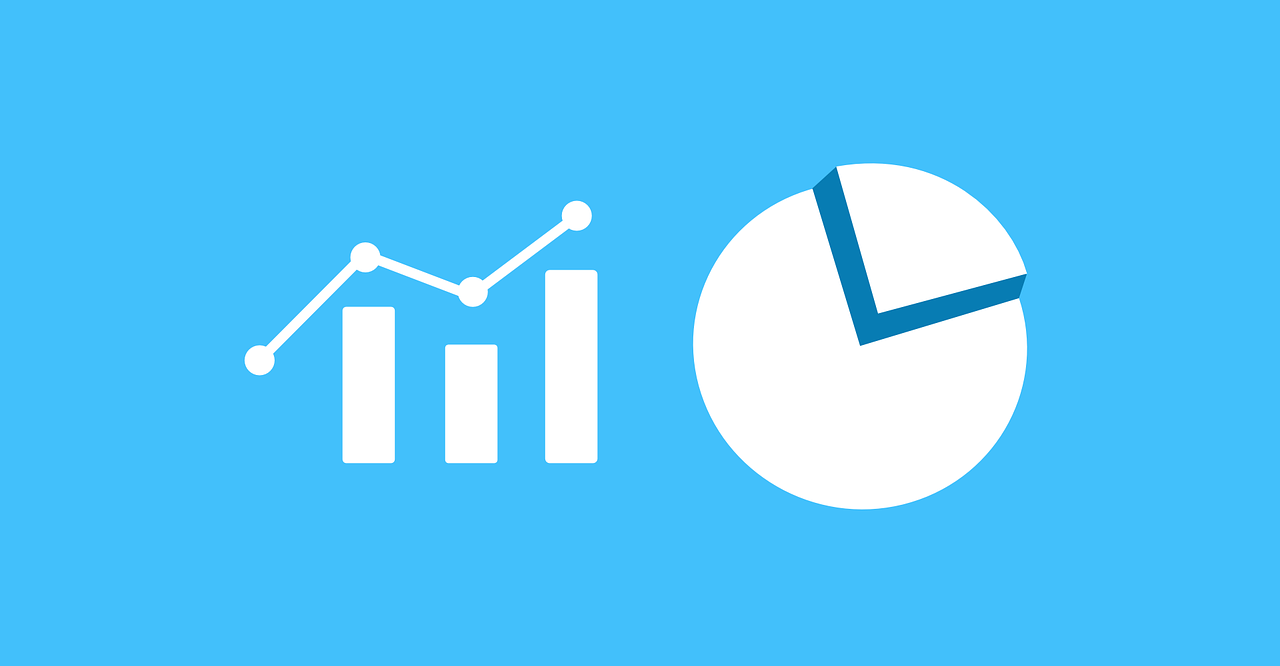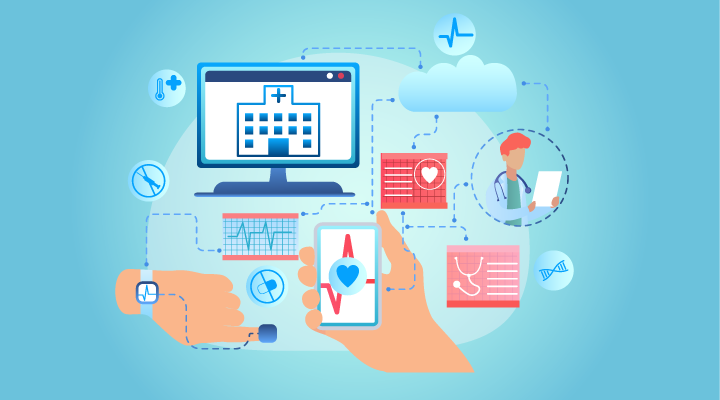
In the realm of healthcare, few fields hold as much promise and potential for revolution as clinical genetics. Over the past few decades, our understanding of genetics has evolved at an astounding pace, unlocking insights into the causes of diseases and paving the way for personalised treatments. At the forefront of this progress is artificial intelligence (AI), a technology that is rapidly reshaping the landscape of clinical genetics.
Clinical genetics is the branch of medicine that focuses on the diagnosis, management, and treatment of genetic disorders. These disorders can range from rare conditions caused by mutations in a single gene to more complex diseases influenced by multiple genetic and environmental factors. Traditionally, diagnosing genetic disorders has been a labour-intensive process, relying on a combination of clinical evaluation, laboratory testing, and genetic counselling.
However, the emergence of AI has introduced new possibilities for advancing the field of clinical genetics. AI algorithms have the ability to analyse vast amounts of genetic data with speed and precision, enabling clinicians to identify patterns and correlations that may have previously gone unnoticed. This has the potential to revolutionise the way we diagnose and treat genetic disorders, leading to more accurate diagnoses, personalised treatment plans, and improved patient outcomes.
One area where AI is making a significant impact is in the interpretation of genetic variants. Each of us carries thousands of genetic variants, some of which may be associated with an increased risk of developing certain diseases. Deciphering the clinical significance of these variants is a complex task that requires expertise and specialised knowledge. AI algorithms can analyse genetic data to predict the impact of specific variants on health, helping clinicians prioritise which variants to investigate further and guiding treatment decisions.
Furthermore, AI-powered tools are enhancing our ability to detect rare and novel genetic mutations. By mining vast databases of genetic information and analysing pedigrees, these tools can identify patterns and associations that may indicate the presence of a previously unidentified genetic disorder. This can be especially valuable for patients with rare diseases who may go undiagnosed for years due to the lack of awareness or understanding of their condition.
In addition to diagnosis, AI is also revolutionising the field of genetic counselling. Genetic counsellors play a crucial role in helping individuals understand their genetic risk factors and make informed decisions about their health. AI-powered chatbots and virtual assistants are being developed to provide personalised genetic counselling services, offering information and support to patients in real-time. These virtual counsellors have the potential to increase access to genetic counselling services, particularly in underserved communities where access to healthcare resources may be limited.
Despite the tremendous promise of AI in clinical genetics, there are also challenges and ethical considerations that must be addressed. One concern is the potential for bias in AI algorithms, which can lead to disparities in healthcare outcomes if not properly addressed. Additionally, there are concerns about data privacy and security, particularly when dealing with sensitive genetic information.
However, with careful oversight and regulation, AI has the potential to revolutionise clinical genetics in ways we never thought possible. By harnessing the power of AI, we can unlock new insights into the genetic basis of disease, develop more effective treatments, and ultimately improve the lives of patients affected by genetic disorders. As we continue to explore the intersection of AI and clinical genetics, the possibilities for innovation and discovery are truly endless.






